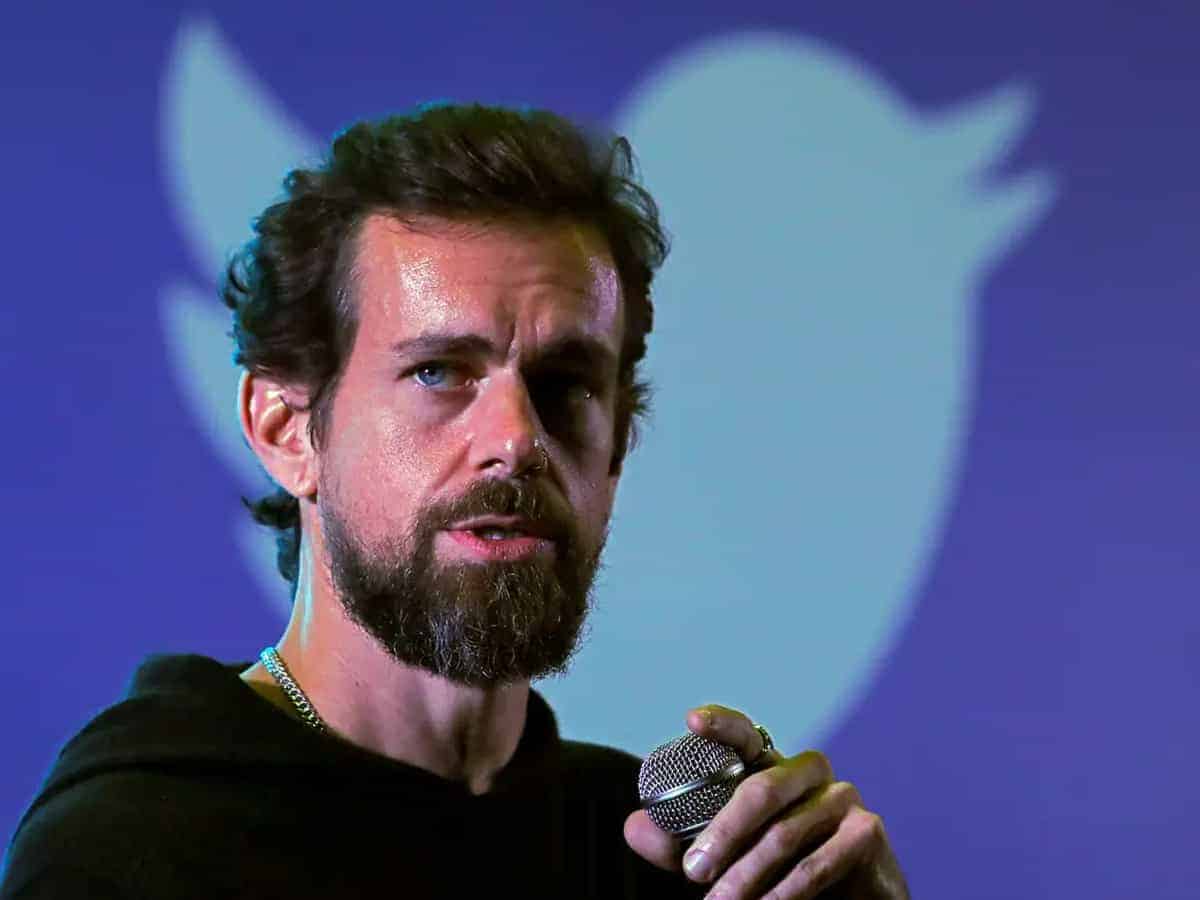
New Delhi: Former Twitter CEO Jack Dorsey, in an exploratory remark, has claimed that India had put pressure on the micro-blogging platform, including giving threats of winding it down and conducting raids on employees’ homes.
During an interview with YouTube channel Breaking Points late on Monday, Dorsey said that the threats came as Twitter refused to comply with the government’s demands to block accounts during the farmers’ protests in early 2021.
“We would raid the homes of your employees’, which they did; We will shut down your offices if you don’t follow suit. And this is India, a democratic country,” Dorsey said on the channel when asked to share some examples of pressure from foreign governments during his tenure, before Elon Musk took over.
“India is a country that had many requests of us around the farmers’ protest, around particular journalists that were critical of the government, and it manifested in ways such as ‘we will shut Twitter down in India’, which is a very large market for us,” Dorsey further said.
India’s on ex-Twitter CEO’s allegations
Responding to Dorsey’s allegation, Union Minister Rajeev Chandrasekhar wrote, ‘This is an outright lie by @jack – perhaps an attempt to brush out that very dubious period of twitters history’. He also wrote, ‘@twitter under Dorsey and his team were in repeated n continuous violations of India law’.
Last year, Twitter told the Karnataka High Court that it was asked to completely block numerous multiple accounts during the farmers’ agitation on the borders of Delhi in 2021.
Twitter, in its petition before the High Court, maintained that blocking orders by the Union government violate the rights of users under the Constitution. The petition also described the move of the government as arbitrary and in violation of Section 69 A of the IT Act.
The Central government maintained that the blocking orders were issued in the national and public interest, and action was taken to prevent lynching and mob violence.
